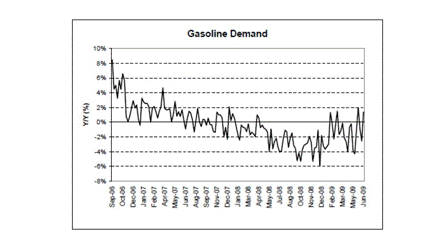I am thinking earnings season should be pretty good this quarter.
Fiscal policy has been more than supportive since year end, fiscal consolidation is currently still all talk.
Negative shock risks are still there, however, California, eurozone banks and/or governments, nukes, etc.
Not sure on timing.
World Outlook: Recovery ahead
For the first time since the beginning of the downturn we have revised up our forecasts for economic growth. We now expect global growth to rise to 2.5% in 2010 compared to 2.0% envisaged in our previous World Outlook from 30 March 2009. The upward revision is due entirely to better prospects for industrial countries, where growth next year is now seen reaching 1.0% compared to 0.3% before.
Most of the upward revision to global growth in 2010 results from a stronger outlook for investment growth (which has risen to 2.0% from 0.1%) and export growth (up to 4.1% from -2.2% before). The improved prospects for exports and investment reflect greater confidence in the effectiveness of authorities’ efforts to restore stability in the financial sector.
In our view the global economic and financial crisis has had two key drivers: (1) the breakdown of the global growth model of the past decade or so, which led to unsustainable international current account imbalances; and (2) the financial crisis, which ensued when the inability of debtors to repay their creditors became evident. As a result, we can expect to see lower trend growth and higher economic volatility, the opposite of what the world economy experienced during the era of the Great Moderation.
[top]


